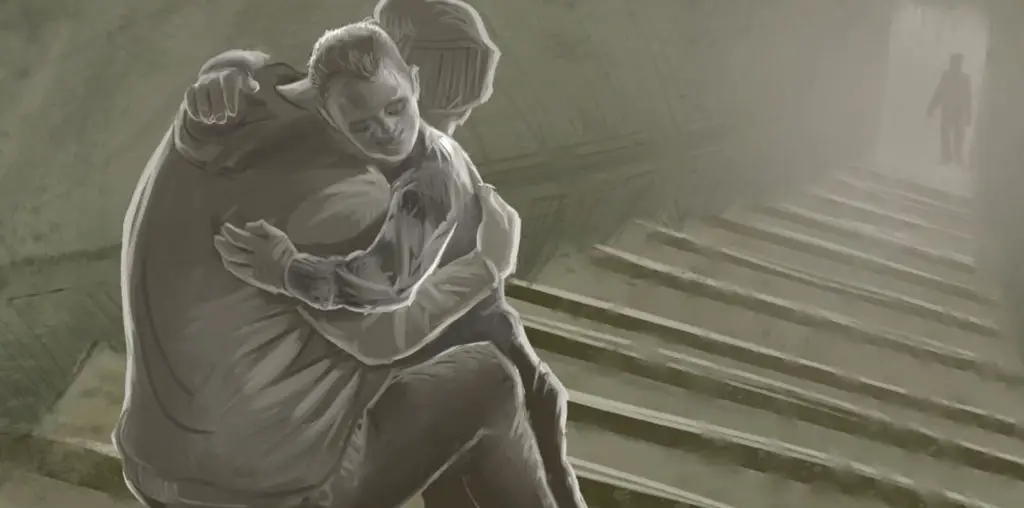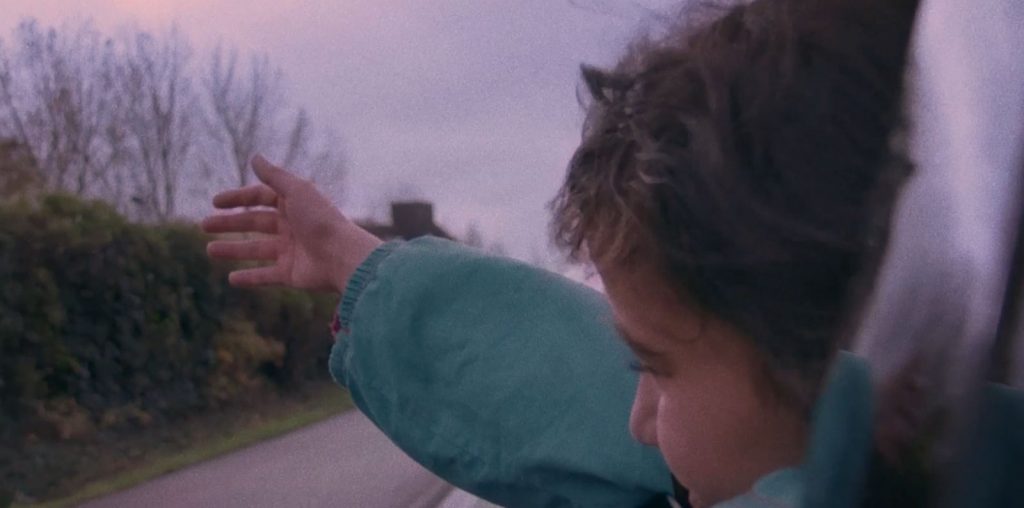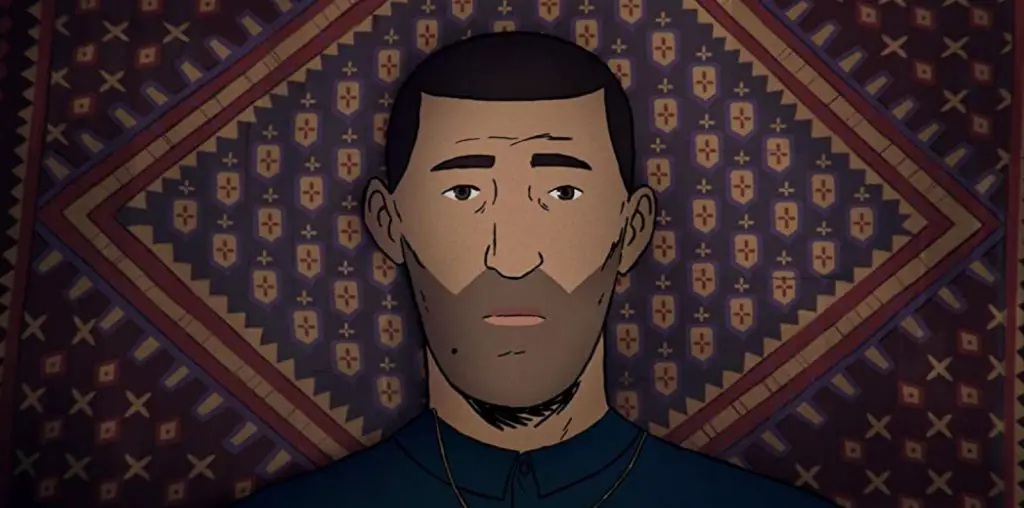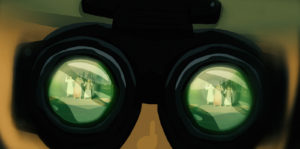
TRIBECA FILM FESTIVAL 2023 REVIEW! Afghanistan was once known for its beautiful landscapes, cultural progression, and peace. However, a decade-long war with the Soviets and the United States’ intervention toppled the nation. Moreover, it caused a wave of religious extremism that backfired in the States in 2001. A two-decade civil war then took lives at an unprecedented rate and scale. Now, Afghanistan is in shambles, facing the oppression of citizens, violation of civil rights, and denial of the right to existence. Directors Mauricio Rodriguez-Pons and Almudena Toral’s short animated documentary, The Night Doctrine, is a personal story that traverses the true impact of the Afghan war on those whose voices never made it through the loud bombings and gunshots.
The film is based on the accurate account of journalist Lynzy Billing and her investigative reports that unravel the Central Intelligence Agency’s role in unverified raids in Afghan villages during the States’ War on Terror. Lynzy took years to research Zero Units’ killings for the C.I.A. while simultaneously searching for those who murdered her family. Lynzy herself narrates throughout while voice actors step in for some of the soldiers she interviewed. The sixteen-minute short film overlaps monologues and conversations to immerse the audience in its determination of the real culprit behind the losses of war. The Zero Units soldiers, Baseer and Hadi (names changed), recount their remorseful role in multiple killings.
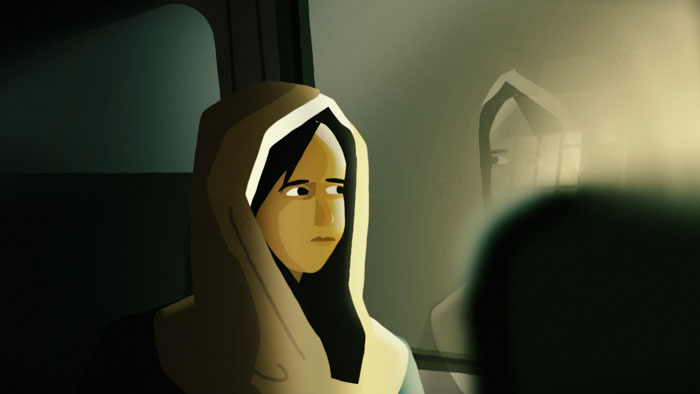
“…traverses the true impact of the Afghan war on those whose voices never made it…”
The Night Doctrine is told through a series of montages of animated illustrations. While provocative and analytical, the animated graphics have terrifying yet important visuals, all of which are brilliantly choreographed. In several distinct sequences, animated humans witness a pool of blood flowing through a deserted graveyard. Hadi is stripped of his pathaani attire and forced into a Zero Units uniform. Lynzy’s mental portrait of her family’s death expands into the demise of hundreds of faceless Afghans. Each one of these clips adds a lasting, realistic essence to this otherwise graphical representation.
Other documentaries have criticized the U.S. government and military’s role in Afghanistan’s systematic infrastructural and livelihood destruction. But the film establishes all that the U.S. has failed to comment on. Interestingly, there are references to the recent withdrawal from Afghanistan that has furthered the Taliban’s oppressive regime in the region. Including the country’s present status into an investigative piece from the past and the unmissable co-relation they share gives this the effect of a causal loop. As if, despite the film’s efforts to bring forth a previously ignored truth, history is still taking precedence in the future.
The Night Doctrine is a remarkable example of translating research in a visual manner. The animation quality itself isn’t top-notch or the best in the industry. Still, it is efficacious enough to bring forth empathy and provoke the audience to remain aware of a hidden reality behind the War on Terror. It challenges everyone for accountability and comments on its significance through the most humanized tale of one person, extending beyond to that of many.
The Night Doctrine will screen at the 2023 Tribeca Film Festival.
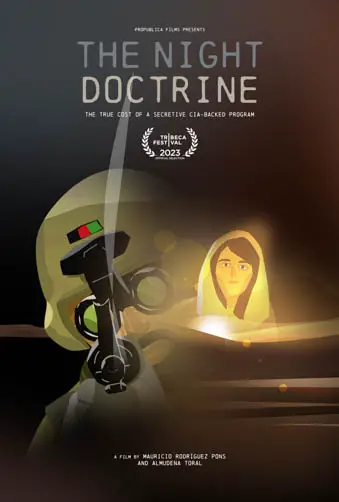
"…a remarkable example of translating research in a visual manner."
